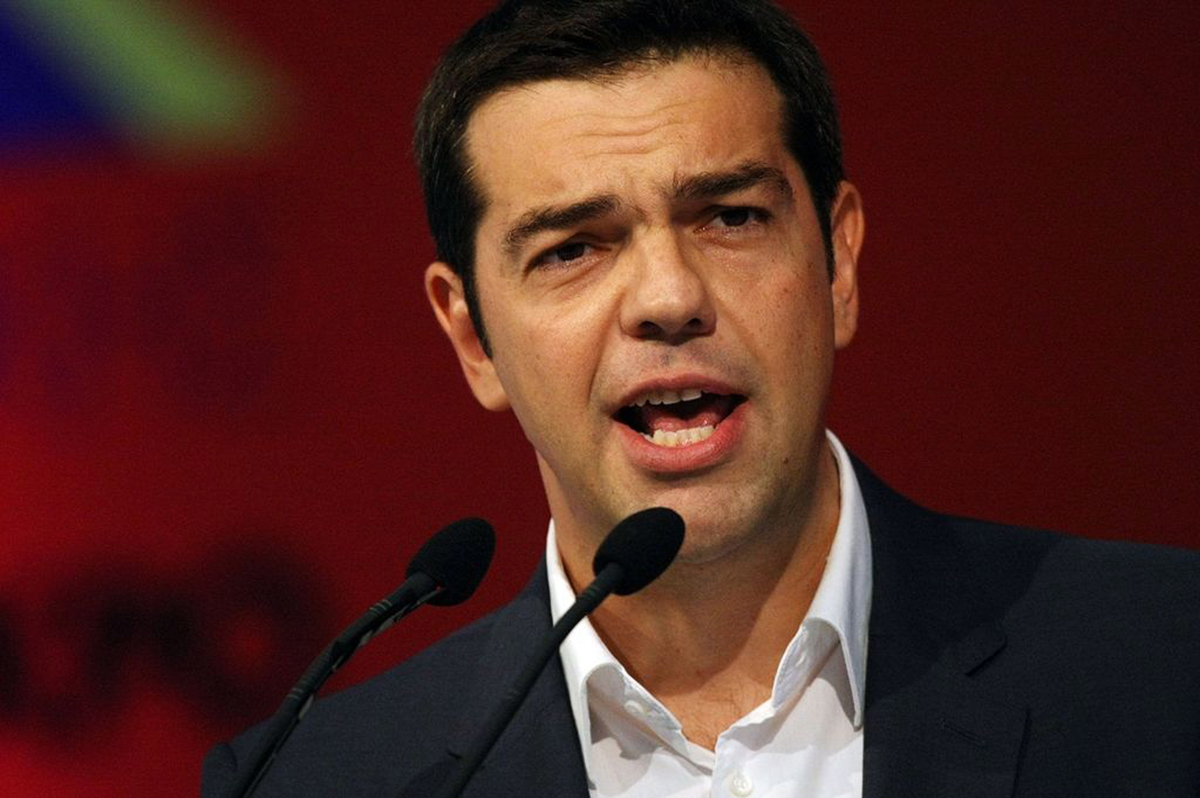Twenty-five people, mostly of the Coptic Christian faith, have died and hundreds were left injured during a violent sectarian clash that erupted on the night of Oct. 9 during a peaceful protest. This was the most violence Egypt has seen since the fall of Hosni Mubarak after a 30-year dictatorship in February. The protest held by the Coptic Christians began as an outcry and complaint of the recent burning of one of their churches in the southern city of Aswan last week. Once again, Coptic Christians were protesting for their rights and demanding their religious freedom. This violence is a consequence of the persecution that the Coptic Christian minority group has faced for decades. The Coptic Christians make up the largest Christian group in the Middle East region, and constitute ten per cent of Egypt’s population.
With sectarian tensions at a new high in the last few years, as demonstrated by the past New Year’s massacre of 21 Copts by a car bombing outside a church in Alexandria, the recent revolution in Egypt left the country and Copts with a sense of a new beginning. However, with the recent burning of churches, numerous hate crimes and the clash last Sunday, Egypt’s minority groups are left wondering if things are really improving. With no president until the upcoming November election, the army of the country has taken control of Egypt.
What distresses me the most is how the military of Egypt, who are supposed to protect the country, do not hesitate to crush a crowd of peaceful protesters with speeding army tanks and then later can deny any complicity. Despite their denials, videos fill the web and news channels everywhere. How can we Copts feel any sense of security if the people who are supposed to secure us are the ones opposing us?
The Copts of Egypt are tired of being battered from all the persecution and discrimination they have faced. The Coptic Christian’s largest threat is the forced emigration from our native land and the emergence of strict extremist groups the former president had repressed. What saddens me above all is that the Copts who are able to leave have left for a sense of security and equality that their own native land of Egypt could not provide. For all the Copts remaining in Egypt, and for their families abroad, we pray these tragic events do not come in the way of the timely election to be held in November. Egypt wishes for a transition into democracy, and my Coptic people and I hope for a restoration of our freedoms and rights. We may have lost our rights long ago, but we still have one thing remaining: Our hope.
Lydia Gindy is a Coptic Christian who is hopeful for her Coptic community.


